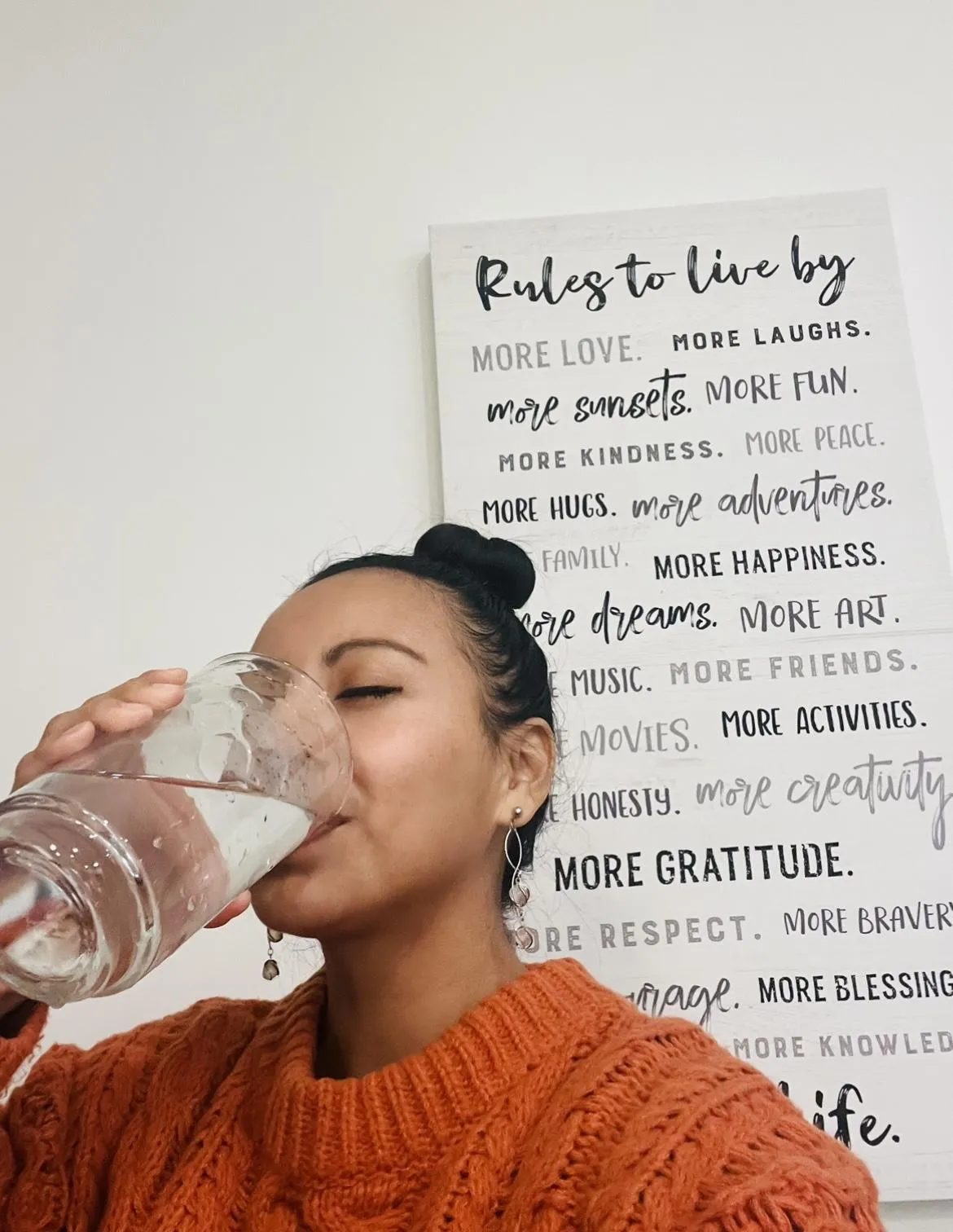Blogs By Dr. Sandy
Blogs By
Dr. Sandy

Avoiding Muscle Cramps: Electrolytes and Hydration
“When we become dehydrated, our electrolyte balance can become disrupted, leading to muscle cramping...” - Dr. Sandy Shulca, DPT
Introduction:
Cramps can be incredibly painful and disruptive, affecting individuals engaged in various activities, including sports, exercise, and even everyday tasks. While the causes of cramps can be multifactorial, an often overlooked aspect is the balance of electrolytes and water in our bodies. In this blog, we will explore the relationship between electrolytes, water, and cramps, and discuss how maintaining proper hydration and electrolyte levels can help prevent and alleviate muscle cramps.
Understanding Electrolytes and Their Role:
Electrolytes are minerals present in our body's fluids, including sodium, potassium, calcium, and magnesium. These essential minerals play a crucial role in maintaining proper fluid balance, facilitating nerve function, muscle contraction, and regulating pH levels.
Water: Key for Hydration:
Water is the primary component of our body, constituting approximately 60% of our total body weight. Adequate hydration is vital for overall health and proper bodily function. When we become dehydrated, our electrolyte balance can become disrupted, leading to muscle cramping and other related issues.
The Relationship Between Electrolytes, Water, and Cramps:
Sodium: Sodium helps regulate the fluid balance in our bodies. When sodium levels are imbalanced, it can contribute to muscle cramps. Dehydration, excessive sweating, or an inadequate intake of sodium can lead to sodium depletion, resulting in cramping.
Potassium: Potassium is involved in maintaining proper muscle function and nerve transmission. A deficiency in potassium can cause muscle weakness and increase the risk of cramps. Dehydration or a diet lacking in potassium-rich foods can lead to imbalances and increase the likelihood of cramping.
Calcium: Calcium is essential for muscle contractions, including during exercise. Insufficient calcium levels may cause muscle cramps or spasms. Maintaining an adequate intake of calcium-rich foods helps prevent muscle-related issues.
Magnesium: Magnesium contributes to muscle relaxation and plays a role in preventing muscle cramps. A deficiency in magnesium may increase the risk of cramping. Ensuring an adequate intake of magnesium through dietary sources can be beneficial.
Tips for Preventing and Alleviating Cramps:
Stay Hydrated: Drink fluids regularly throughout the day, paying attention to your thirst cues. For intense physical activity, aim to drink before, during, and after exercise to replenish lost fluids.
Electrolyte Balance: Include electrolyte-rich foods in your diet, such as bananas (potassium), yogurt (calcium), nuts and seeds (magnesium), and consume sports drinks or electrolyte-enhanced water during vigorous exercise or when experiencing heavy sweating.
Balanced Diet: Consume a well-balanced, nutrient-rich diet that includes a variety of fruits, vegetables, whole grains, lean proteins, and healthy fats to ensure sufficient intake of electrolytes and other essential nutrients.
Stretching and Warm-Up: Prioritize proper warm-up and cool-down routines before and after physical activity to prepare and relax your muscles, reducing the risk of cramping.
Rest and Recovery: Allow for adequate rest and recovery after intense physical activity to help prevent muscle fatigue and overuse, which can contribute to cramps.
Conclusion:
Understanding the connection between electrolytes, water, and cramps is crucial in maintaining optimal muscle function and preventing discomfort. By staying properly hydrated, maintaining a balanced diet, and ensuring an adequate intake of essential electrolytes, you will minimize the risk of muscle cramps and enhance your overall physical performance. Should you experience persistent or severe cramps, it is always advisable to consult with a healthcare professional to rule out any underlying medical conditions. Prioritizing hydration and electrolyte balance will support your body's well-being and help you to better enjoy an active and pain-free lifestyle.
Other Resources
Links To My Favorite Electrolyte Drinks:



Quick Links
Specialized Physical Therapy
Jaw Dysfunctions (TMD/TMJ)
Jaw Clicking
Jaw Pain & Headaches
Pelvic Dysfunctions
Pelvic Floor Tension
Incontinence (leaking)
Postpartum Recovery
Testicular Pain
Orthopedic Conditions
Low back Pain
Knee pain
Ankle sprains
Neck Pain
Post-surgery recovery


Instagram
Youtube
LinkedIn